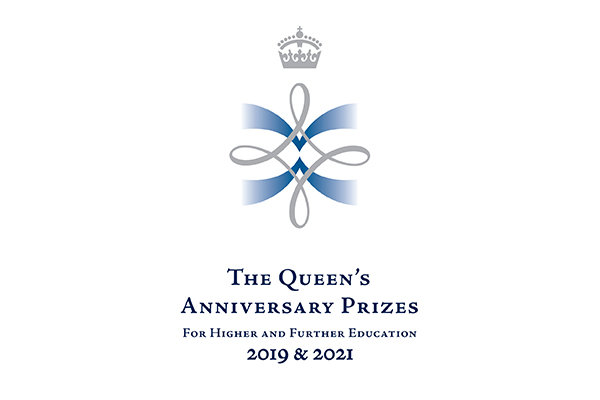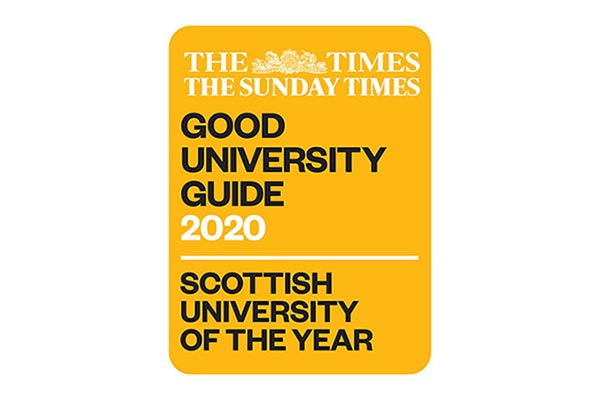Educational Psychology
Research opportunities
The DEdPsy is a flexible research degree designed to meet the needs of practising Educational Psychologists (EPs) with at least one year’s experience in the field. The course combines applied psychology with high quality real world research in a variety of vital and complex educational issues. It provides a framework in developing rich evidence based practice and self-reflection.
The programme takes a distinctive approach to a professional doctoral qualification through its focus on research rather than taught modules, research having been identified in the Currie Report (2002) as one of the Educational Psychologists’ core activities. Furthermore, the equal division of credits between two elements of the course, Research and Professional Practice, emphasises that this is a professional doctorate and maintains coherence in the balance between academic and professional elements in the MSc in Educational Psychology.


Aims and learning outcomes
The aim of the Doctorate is to develop:
- research skills in design, data collection and analysis leading to the submission of an original thesis that makes an identifiable contribution to knowledge in an area of developmental/educational psychology
- a critical academic understanding of current advances in theory and research within a specialist area of professional expertise
- effective, critical and reflective independent professional practice using a range of assessment and intervention approaches that are underpinned by psychological paradigms and are evidence-based
Intended learning outcomes will focus on the development of the following key skills:
- research and critical analysis skills
- academic and professional knowledge of current advances in an area of developmental/educational psychology
- critical and reflective practice that is evidence-base
- ecological-systemic practice at levels of casework, consultancy and research/policy development
Duration
The minimum period of study for Scottish EPs with an MSc in Educational Psychology is 24 months.
Candidates without an MSc may have to complete an additional 9 month portfolio of 3 small-scale project work carried out in practice (1500 words each, 3×20 credits). These pieces of work should involve projects at the level of the individual and family, the class/school, and school/authority/policy work.

The Queen’s Anniversary Prizes for Higher and Further Education 2019.

The Times / The Sunday Times Good University Guide 2021. University of the Year shortlisted.

The Times & Sunday Times Good University Guide 2020 – Scottish University of the Year.
Fees & funding
All fees quoted are for full-time unless otherwise stated.
| Scotland | 2022/23: TBC 2021/22: £4,500 |
|---|---|
| England, Wales & Northern Ireland | 2022/23: TBC 2021/22: £4,500 |
| International | £15,150 |
Please note: the fees shown are annual and may be subject to an increase each year.
*Fees have not yet been set by research councils.
International students
We’ve a thriving international community with students coming here to study from over 100 countries across the world. Find out all you need to know about studying in Glasgow at Strathclyde and hear from students about their experiences.Visit our international students’ section

Supervisors
| Name | Areas of expertise |
|---|---|
| Dr Clare Daly | teaching and learninghealth and wellbeingdevelopmental traumabehavioural analysisvideo interaction guidancemotivation |
| Prof Jim Boyle | research methodslanguage developmentautism spectrum disordersimplementation science |
| Dr Simon Hunter | bullyingstress and copingscreen time interactions |
| Dr Fraser Lauchlan | dynamic assessmentbilingualismnon-attendancelabelling |
Support & development
The Graduate School
The Graduate School is a friendly and supportive study environment for research students studying subjects within Humanities & Social Sciences.
Our staff will support you through your studies and you’ll become part of a community of students who get involved with our workshops, seminars and competitions.
Postgraduate Certificate in Researcher Professional Development (PgCert RPD) for MPhil/MRes
Our PgCert RPD programme aims to ensure you get the most out of your current research activities at Strathclyde and helps you prepare for your future career as a researcher.
We’ll help you recognise and develop your transferrable skills that’ll have a positive impact on your research, now and in the future.
Find out more about the PgCert RPD programme
Careers
The University Careers Service can help you with everything from writing your CV to interview preparation. Take a look at our careers service pages to get more information.
Student support
From financial advice to our IT facilities, we have a wide range of support for all students here at Strathclyde. Get all the information you need at Strathlife.
Postgraduate research at the Strathclyde Doctoral School
The Strathclyde Doctoral School provides a vibrant and comprehensive student-centred research and training environment in order to grow and support current and future research talent. The School encompasses our four faculties and is committed to enriching the student experience, intensifying research outputs and opportunities, and ensuring training is at the highest level. As a postgraduate researcher, you’ll automatically become a member of the Strathclyde Doctoral School.Find out more about the Doctoral School

Apply
Candidates will be required to submit a research proposal prior to study. We strongly advise that you contact the DEdPsy Programme Director at clare.daly
Entry requirements
Normally, a Masters degree in Educational Psychology.
The application
During the application you’ll be asked for the following:
- your full contact details
- transcripts and certificates of all degrees
- proof of English language proficiency if English is not your first language
- two reference letters, one of which must be academic
- support in principle from your line manager
- research proposals of around 1,000 words in length, detailing the subject area and proposed research methods to be investigated
By filling these details out as fully as possible, you’ll avoid any delay to your application being processed by the University.
Accepting an offer
Once you’ve accepted our offer, we’ll need you to fulfil any academic, administrative or financial conditions that we ask.
Apply now
Interested in undertaking a postgraduate research degree at Strathclyde?
Download our step-by-step guide on how to submit your application.
Contact us
Dr Clare Daly
Director, Doctorate in Educational Psychology
Telephone: +44 (0)141 548 2581
Email: clare.daly
Our faculties & departments
Engineering
- Architecture
- Biomedical Engineering
- Chemical & Process Engineering
- Civil & Environmental Engineering
- Design, Manufacturing & Engineering Management
- Electronic & Electrical Engineering
- Mechanical & Aerospace Engineering
- Naval Architecture, Ocean & Marine Engineering
Humanities & Social Sciences
- Centre for Lifelong Learning
- Education
- Government & Public Policy
- Humanities
- Law
- Psychological Sciences & Health
- Social Work & Social Policy
Science
- Computer & Information Sciences
- Mathematics & Statistics
- Physics
- Pure & Applied Chemistry
- Strathclyde Institute of Pharmacy & Biomedical Sciences